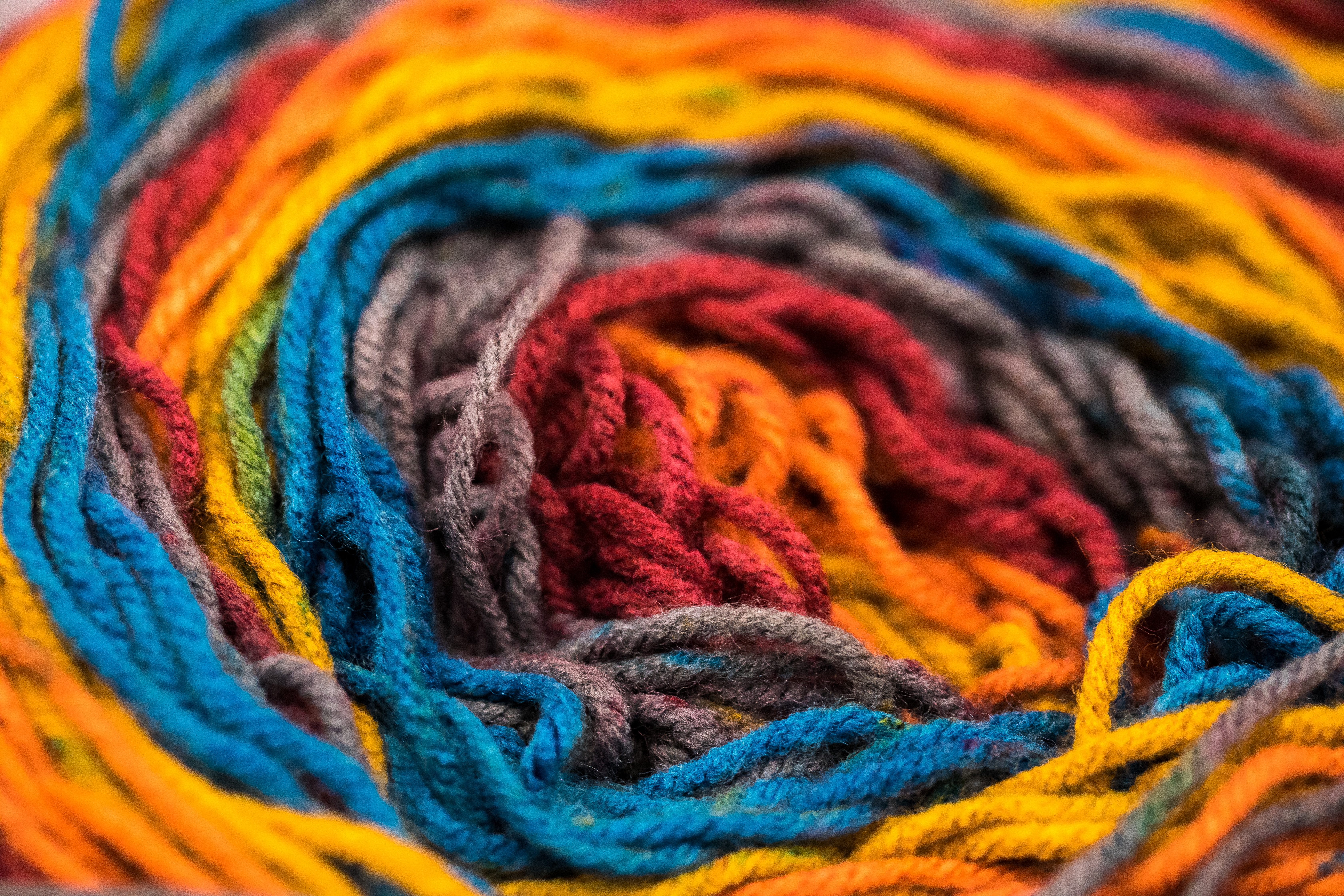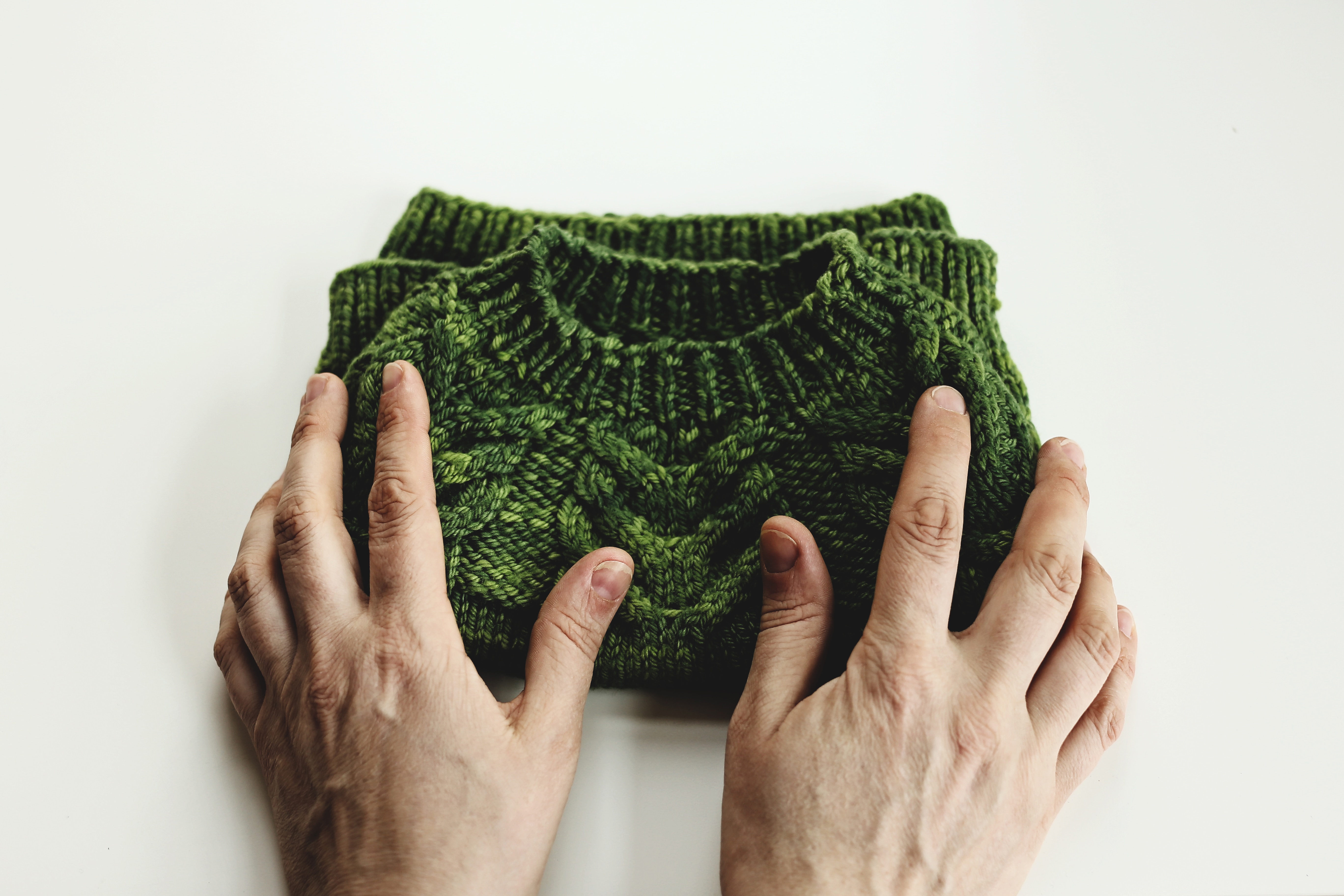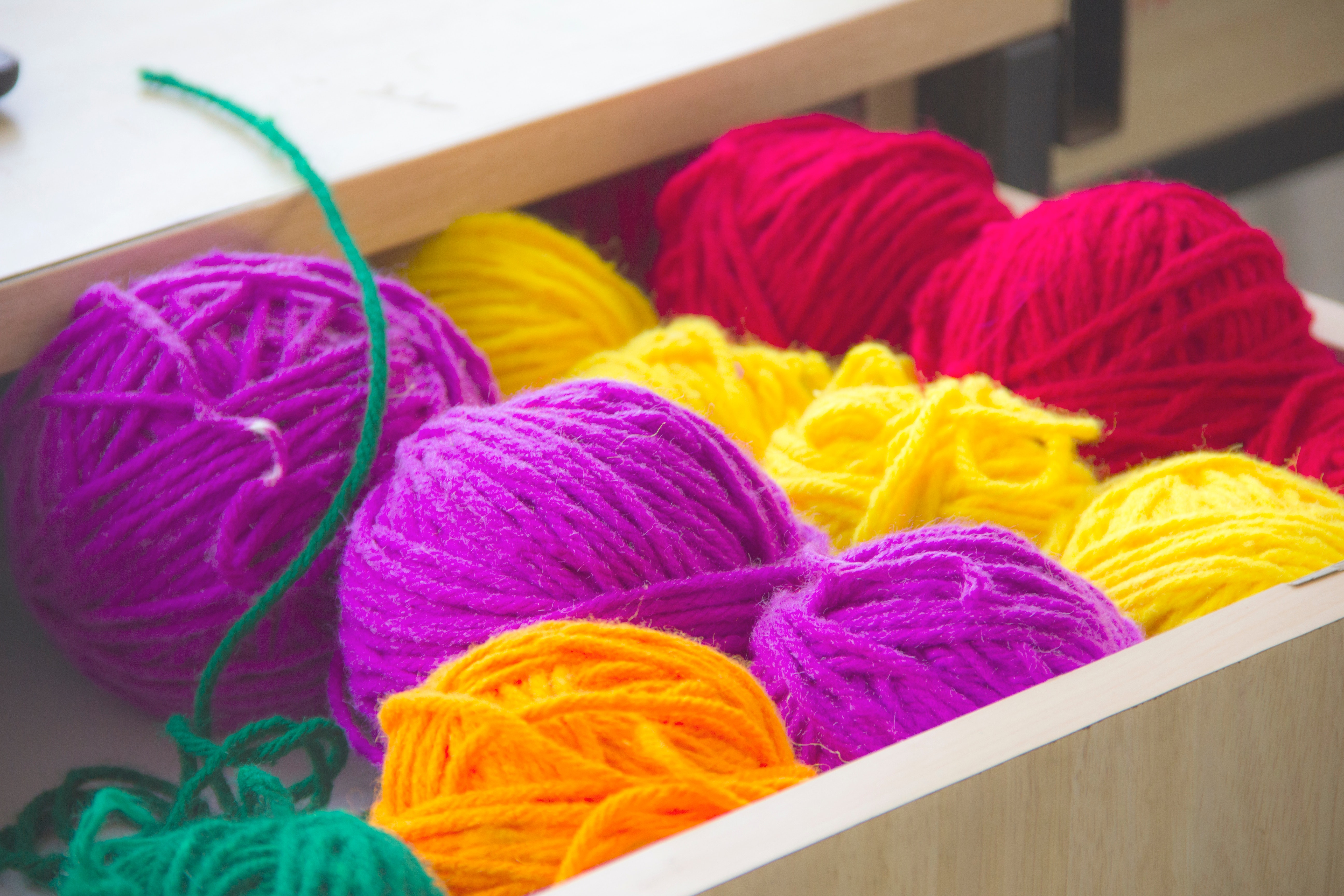The Health Benefits of Knitting: How Knitting Can Improve Your Physical Wellbeing
The Health Benefits of Knitting: How Knitting Can Improve Your Physical Well-being.
Knitting is not just a hobby; it offers a variety of health benefits as well. In this blog post, we'll explore how knitting can help improve your physical well-being and provide you with scientific evidence and examples of how knitting has benefited others.
- Stress Relief:
One of the most well-known benefits of knitting is its ability to relieve stress. Knitting can be a form of meditation that helps calm the mind and reduce stress levels. According to a study conducted by the Benson-Henry Institute for Mind Body Medicine at Massachusetts General Hospital, people who knit regularly have lower heart rates and blood pressure, which are indicators of reduced stress levels.
Knitting is a repetitive activity that requires focus, and this can help to distract the mind from worrying or negative thoughts. It can also produce a sense of accomplishment and relaxation when you finish a project.

- Improved Motor Skills
Another benefit of knitting is that it can help to improve fine motor skills and hand-eye coordination, particularly in older adults. As we age, our motor skills can decline, and we may develop conditions like arthritis that make it difficult to use our hands. Knitting can provide a gentle form of exercise that can help to maintain and even improve hand dexterity.
Studies have shown that knitting can be beneficial for individuals with conditions like Parkinson's disease, where motor skills can be severely affected.

- Pain Management
Knitting can also be used as a form of pain management for conditions such as arthritis, carpal tunnel syndrome, and chronic pain. The repetitive motion of knitting can help to improve blood flow and reduce inflammation in the hands and wrists. Additionally, the act of knitting can provide a distraction from pain and discomfort, which can make it a valuable activity for those dealing with chronic pain.
- Reduced Risk of Cognitive Decline
Knitting can also help to reduce the risk of cognitive decline in older adults. According to a study published in the Journal of Neuropsychiatry & Clinical Neurosciences, individuals who engaged in knitting and other crafts had a reduced risk of developing mild cognitive impairment and dementia.
- Social Connection
Finally, knitting can help to foster social connections and reduce feelings of loneliness and isolation. Knitting groups and clubs have become increasingly popular in recent years, providing a sense of community and support for knitters of all levels.
Knitting groups can also provide an opportunity for intergenerational connections, with older adults teaching younger generations the art of knitting. This can help to bridge the gap between generations and provide a shared activity that can bring people together.
Conclusion: Knitting is a valuable hobby that offers a variety of health benefits. Whether you're looking to reduce stress, improve motor skills, manage pain, reduce the risk of cognitive decline, or foster social connections, knitting can help. With the added benefit of producing beautiful handmade items, knitting is a hobby that is well worth pursuing.

Don't forget to tag us on Instagram with your photos using #HiyaHiyaEurope and @hiyahiyaeurope!
